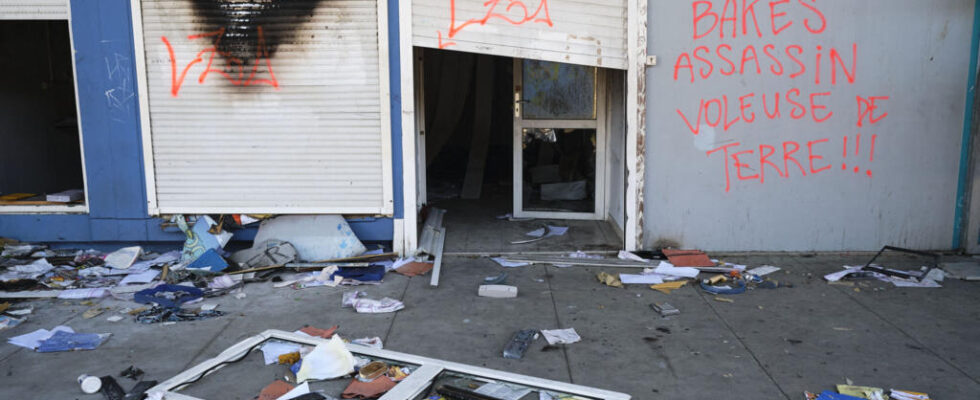The European elections take place this Sunday June 9 in France. For New Caledonia, it is a delicate vote to organize, more than two weeks after the violence which ignited Noumea and towns in the South, bringing the death toll to eight. There was no election campaign, and this will not be an ordinary voting day.
2 mins
One of the two men shot by gendarmes at the start of the week died from his injuries yesterday, the Nouméa public prosecutor announced this Saturday, June 8, in a press release.
It is in this particular context that the European vote will be held. Although, overall, the situation is improving, free movement has not been restored. The territory’s 296 polling stations were grouped into 50 locations. The proxies will arrive directly on site, but not by mail, which is no longer distributed. This Wednesday on RFI, the Minister responsible for Overseas Territories, Marie Guevenoux declared that elections would normally be held in 90% of the territory.
Read alsoNew Caledonia: strong uncertainties over the holding of the European elections
Elected officials understand that the vote must take place. However, some mayors would have preferred more flexibility: for example, that polling stations could be open for less time, so that voters who participate in the counting do not return home after curfew. “ Usually I have 26 polling stations in 18 different locations. Taking into account the situation with places burned or ransacked, this year, I planned to concentrate the 26 polling stations on two sites only », Explains Yoann Lecourieux, the mayor of Dumbéa at the microphone of Frédérique Genot.
During the previous European election, five years ago, participation did not reach 20%. In the current context, when fuel is lacking in places, when supplies to food stores are not assured throughout the territory, and when political tensions have not been eased, these European elections could be marked by a record abstention rate.
Read alsoCrisis in New Caledonia: Nouméa airport will remain closed “until further notice”
